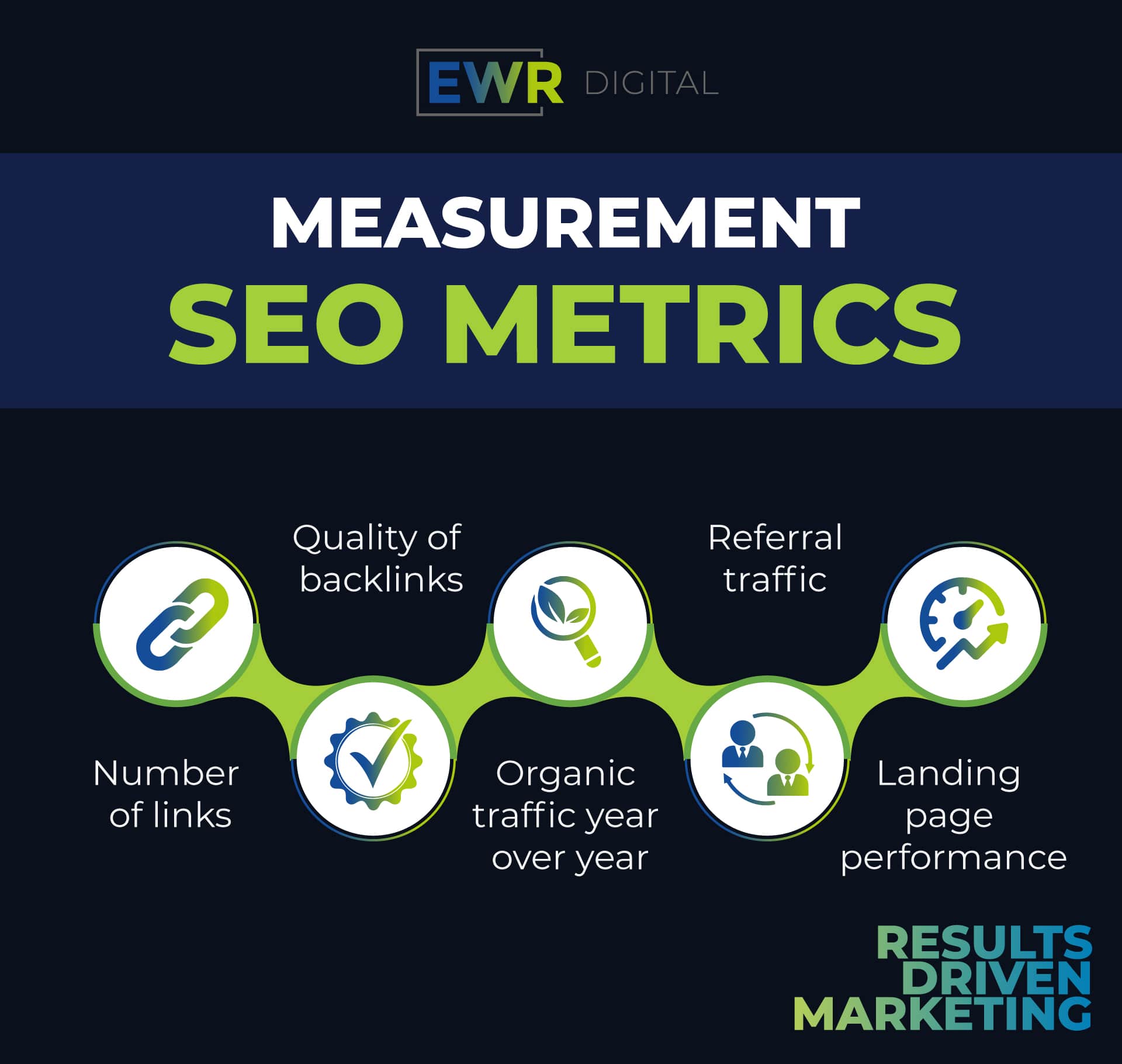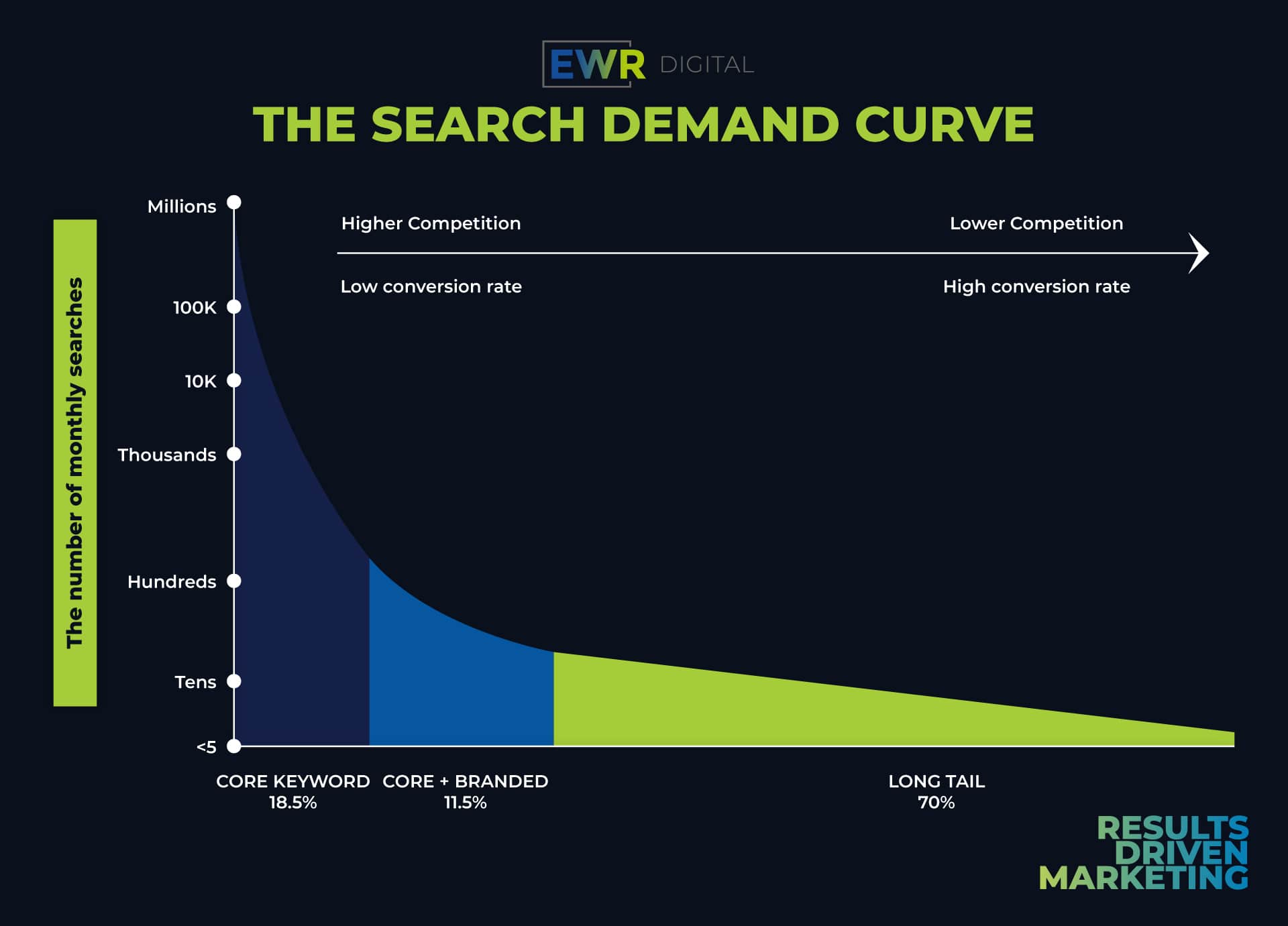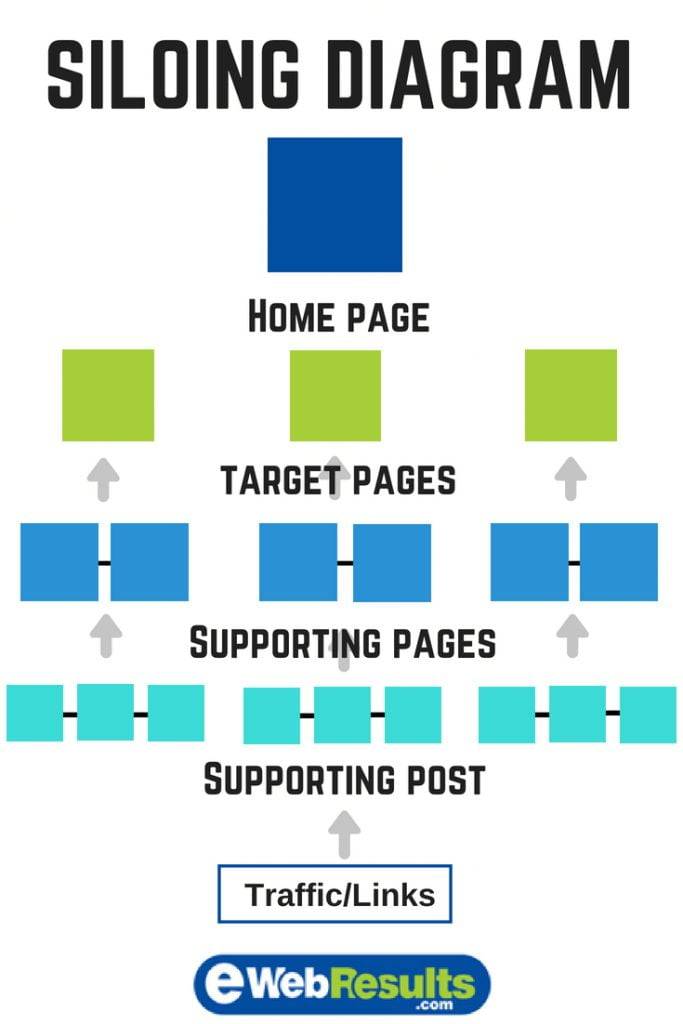
How to Create and Measure a Successful SEO Campaign
Okay, so if you’re reading this, you probably know what SEO is and why an SEO campaign is important to your business, and why it needs to be successful.
There’s no need to go over what SEO is. A quick recap, SEO is what turbocharges your online presence, driving more of the right traffic to your site, thus boosting your conversions.
That’s it in a nutshell, but understanding SEO isn’t what most businesses struggle with. What most businesses struggle with is creating and measuring a successful SEO campaign. It takes time, effort, planning and knowledge.
This article is here to simplify things for you. Let’s take a look at how to create and measure your next SEO campaign.
1. Assess your website situation and perform an SEO audit
Some web platforms are easier for optimizing your website for SEO than others. For example, from experience, I prefer the likes of, say, WordPress to Wix.
So first of all, take a look at your website platform. If your platform is old, or if it has poor SEO optimization capabilities, it’s time to make the switch ASAP. I recommend moving to WordPress or an alternative, such as HubSpot.
If you are happy with your website platform, you still need to take a look at the fundamentals. These include:
- How fast your website takes to load
- How easy your site is to navigate
- How responsive your website is on mobile devices
- Whether you have optimized the “little things” — images, meta tags, and page titles
Getting the look and performance of your website right before you implement an SEO campaign is key.

2. Research topic ideas and keywords
In the past, keyword research would always come first, but things have changed. In 2023, you now have to optimize around topics — as opposed to keywords.
Of course, you still need to research keywords too, but you need to know your topics first.
Spend some time building a list of topic ideas for your next campaign. To generate ideas, try BuzzSumo or Answer the Public. Visit forums related to your niche, or simply ask in relevant Facebook groups what people want to read about.
Then, put together a list of keywords for each topic. To help you do this, use an SEO visibility tracking tool like Nightwatch. Don’t forget to “spy” on your competitors too, to see what keywords they’re using to good effect.
It’s a good idea to have as many as 10 keywords for each topic. Naturally, try to use keywords that you’re already ranking for, or that at least have solid search volume.
At this point in the creation of your campaign, you now have topics and you now have keywords. The next step is to…

3. Create a content marketing strategy
Without much content, you’ll struggle to rank on Google. A content marketing strategy, when properly executed, can rocket you up the SERPs.
How? Well, you need to pick the right long-tail keywords, and you need to make sure that your content provides lots of value.
The more value your content provides, the higher Google will rank you.
Google also loves fresh content, so it’s important that you create a content calendar that sees you publishing fresh content each week.
The best performing content is long-form content. This is content that provides lots of value to the reader, and which is properly optimized for keywords.
Pick a topic, prepare your list of keywords, and then produce a valuable piece of long-form content based on that topic.
Why long-form? There are many theories as to why long-form is better for SEO, but one is that it engages people for longer. The longer you can engage someone, the more Google will recognize you are providing value — and the higher it will rank you.

4. Start a backlink campaign
Backlinks are a key part of any businesses SEO campaign. But what are they and why are they so important?
Backlinks will land you more traffic instant almost instantly. When an authoritative site links out to you, you will grab a chunk of their readership.
Backlinks also help with SEO by passing link juice from one site to another. When Google can see that a credible site is linking out to you, it will start to rank you higher.
How do you start a backlink campaign?
Two words: Blogger outreach.
This is self-explanatory. It requires you to dedicate time and energy to reaching out to websites in your niche, pitching an idea for their blog — and then writing and publishing the blog on their site while including an outbound link to your website.
This, of course, is going to take some time, and you’ll probably need to outsource it. Whoever is in charge of your backlink campaign will need to identify relevant influencers in your site, pitch to them — and then write a blog post.
All of the above four steps sound good, right? The question now is… how do we know any of it is working? How do we know if our backlink campaign is successful or if our keyword strategy is helping us climb the SERPs?
This is why you need to measure your SEO campaigns. The simplest way to do this is with an SEO tool that lets you track key metrics. Google Analytics is free and it’s pretty awesome, but there are lots of other premium tools on the market, too.
Tracking specific metrics is important, as it allows you to see what’s working and what isn’t. Then, you can make the necessary adjustments.
Here are 3 key metrics to assess:

1) Keyword rankings
I may have downplayed the significance of keywords earlier somewhat, but keyword rankings is still a fundamental metric that gives you a massive insight into how well your SEO campaign is performing.
Essentially, if your keywords are ranking better week-on-week, your SEO campaign is building momentum.
2) Organic Traffic
The whole (or most of it) point of your SEO campaign is to drive more organic traffic to your site. Organic traffic is the number of Internet users who have found your site organically — via search engines, for example. Assessing this metric will give you an insight into how visible you are week-on-week, and if whether or not there’s something you need to change.
3) Inbound Links
As well as measuring your backlinks, you should be monitoring inbound links. Why? The more frequently other websites link out to you, the more it means that your content is providing lots of value. People like it and your content marketing campaign is going well.
This is how to create and measure a successful SEO campaign.
It’s important to note that, more than anything else, you need patience. SEO is not something that happens overnight.
Creating a successful campaign means creating momentum, and sometimes that can take up to a year.
Be patient, plan, execute, measure, and keep tweaking.
4 Tips to Help With Your Businesses SEO Campaign | EWR Digital – Houston, TX

